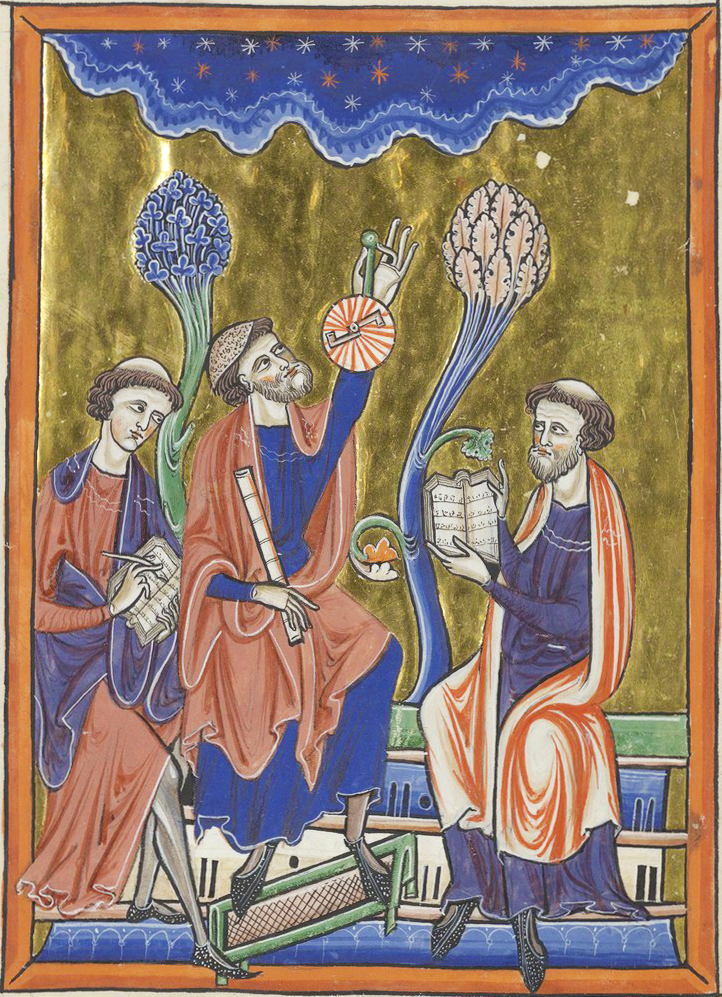
Abraham ibn Ezra
Abraham ben Meir Ibn Ezra (Hebrew: ר׳ אַבְרָהָם בֶּן מֵאִיר אִבְּן עֶזְרָא ʾAḇrāhām ben Mēʾīr ʾībən ʾĒzrāʾ, often abbreviated as ראב"ע; Arabic: إبراهيم المجيد ابن عزرا Ibrāhim al-Mājid ibn Ezra; also known as Abenezra or simply Ibn Ezra, 1089 / 1092 – 27 January 1164 / 23 January 1167)[1][2] was one of the most distinguished Jewish biblical commentators and philosophers of the Middle Ages. He was born in Tudela, Taifa of Zaragoza (present-day Navarre).
"Abenezra" redirects here. For the lunar crater, see Abenezra (crater).
Abraham ibn Ezra
ראב"ע
ראב"ע
c. 1089 - 1092
c. 1164 - 1167
writing commentaries, grammarian
Isaac ben Ezra
Legacy[edit]
The crater Abenezra on the Moon was named in honor of Ibn Ezra.
Robert Browning's poem "Rabbi ben Ezra", beginning "Grow old along with me/The best is yet to be", is derived from a meditation on Ibn Ezra's life and work that appeared in Browning's 1864 poetry collection Dramatis Personæ.[18]
Burial[edit]
According to Jewish tradition, Abraham ibn Ezra was buried in Cabul, alongside Judah Halevi.[19]